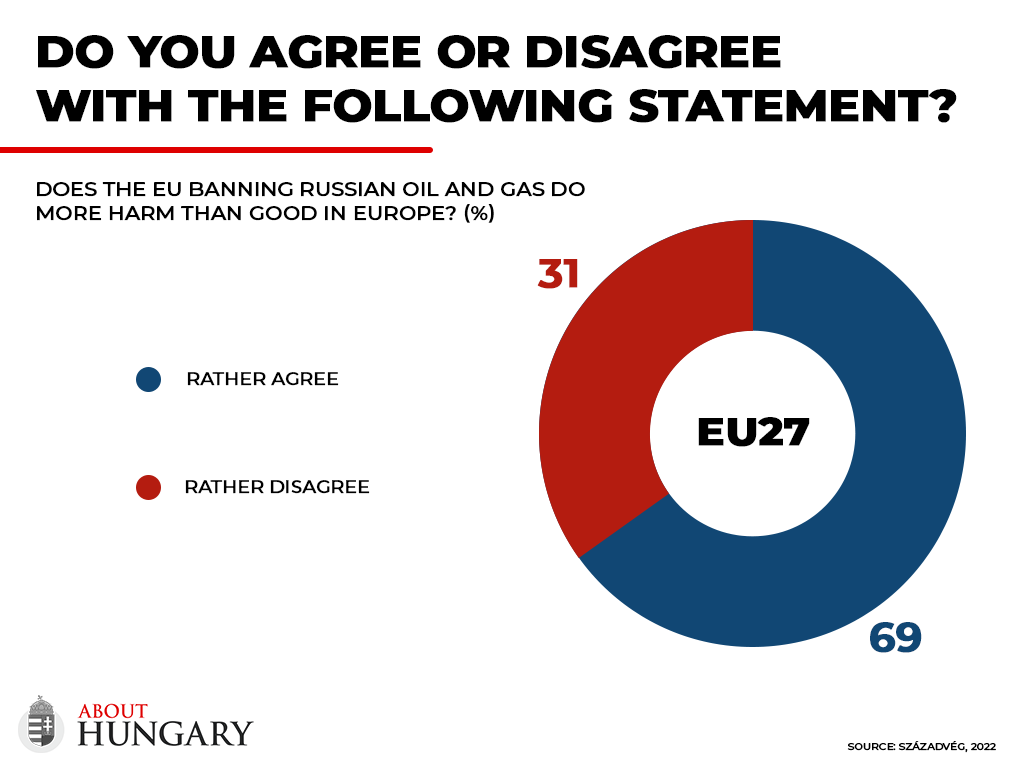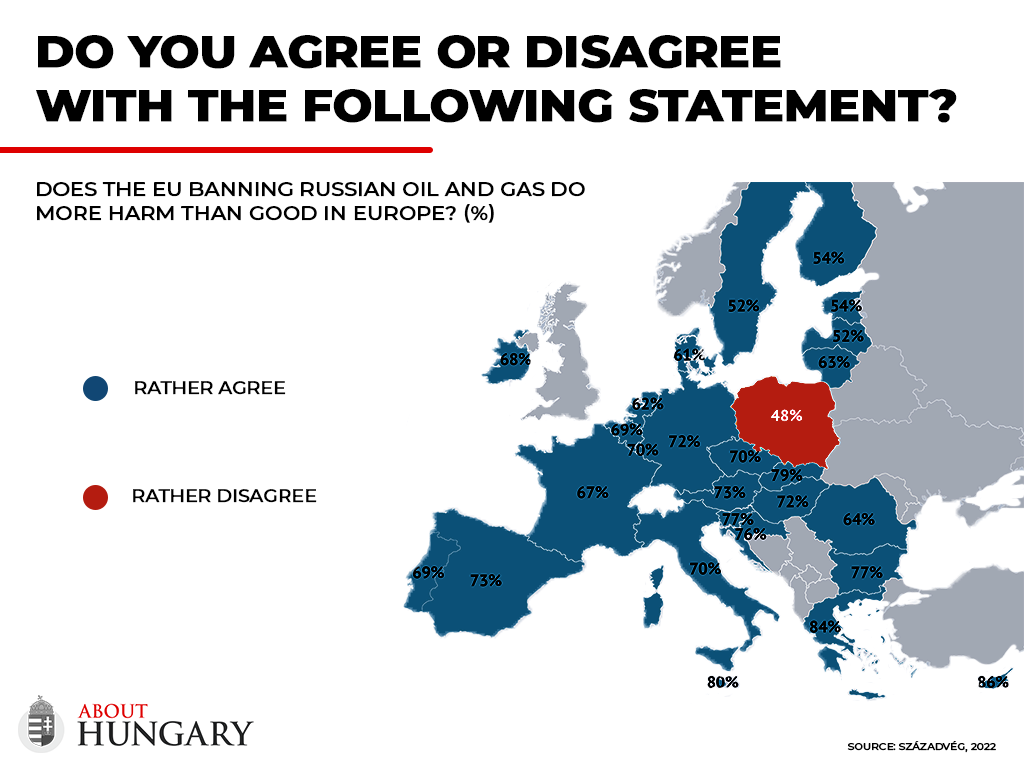Although the European political elite was united in its opposition to sanctions on Russian energy carriers after the outbreak of the Russia-Ukraine war in February, by the end of the spring, many officials had changed their minds.
The main advocate and driving force behind the turnaround was the European Commission. Despite criticism from several EU countries, including Hungary, by early summer it had pushed member states to expand the embargo to solid fuels and oil shipments by sea and has since been working to restrict gas supplies as well.
Brussels' main argument in favor of sanctions is that the benefit they bring in terms of helping end the conflict will outweigh the damage they cause.
Sadly, the intensity of the war has only been escalating for the last 10 months, and we can see that the effectiveness of sanctions is questionable at best, already having driven the EU into an economic crisis and, consequently, piling up enormous social costs.
To no one’s surprise, the effects of these developments are also starting to be felt strongly in European public opinion. Századvég’s recent survey clearly indicates that more than two-thirds of the adult population in EU member states agree that banning Russian oil and gas brings more harm than good.
In fact, Poland is the only member state that seems to support Brussel’s pro-sanctions attitude, which is understandable given its historical background, geographical location, and low exposure to Russian energy supplies. And yet, among the Polish public, only a narrow majority of 52 percent say the benefits of sanctions on Russian oil and gas outweigh the socio-economic toll caused by them.


